Google Lens identifies skin conditions
If you’re experiencing an odd rash or mole, you don’t necessarily have to rush to a dermatologist for a diagnosis. Thanks to Google Lens, Google’s computer vision-powered app, you can snap a photo of your skin condition and receive information on what it might be, all from your mobile device.
In this article, we’ll be exploring what Lens is, how it identifies skin conditions and its potential impact on dermatological diagnoses.
What is Google Lens?
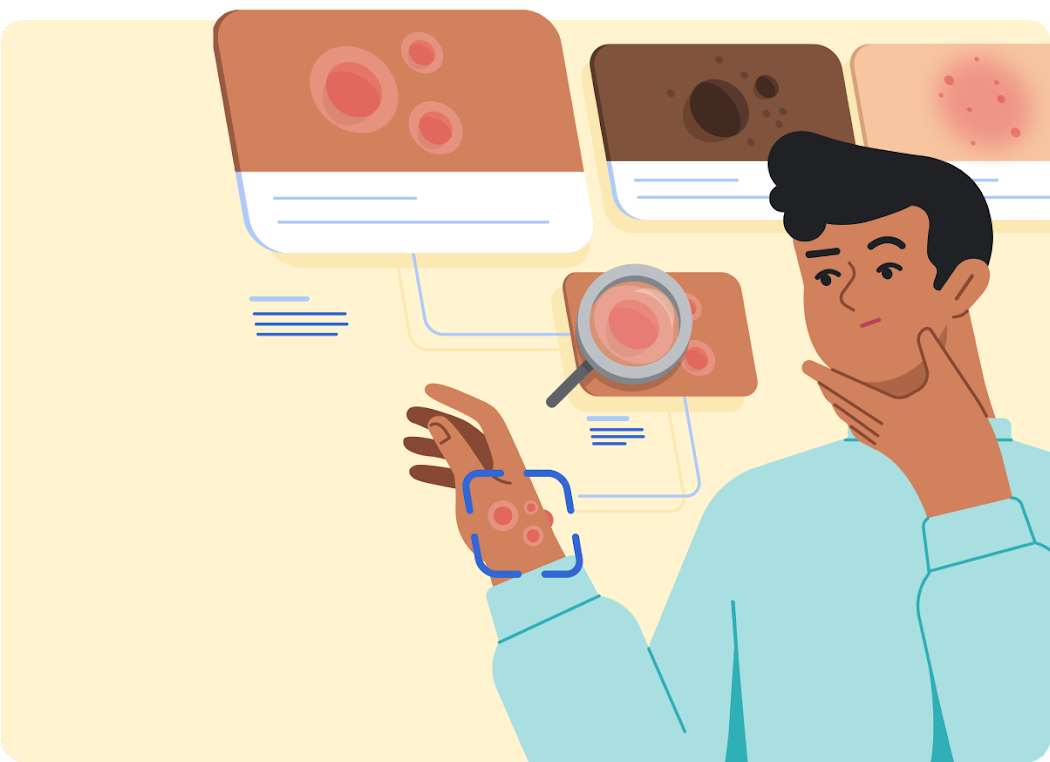
Google Lens is an AI-powered app from Google that uses visual recognition technology to provide information about objects in the real world. The app is built into Google’s search, camera, and photos apps on iOS and Android.
How does Lens identify skin conditions?
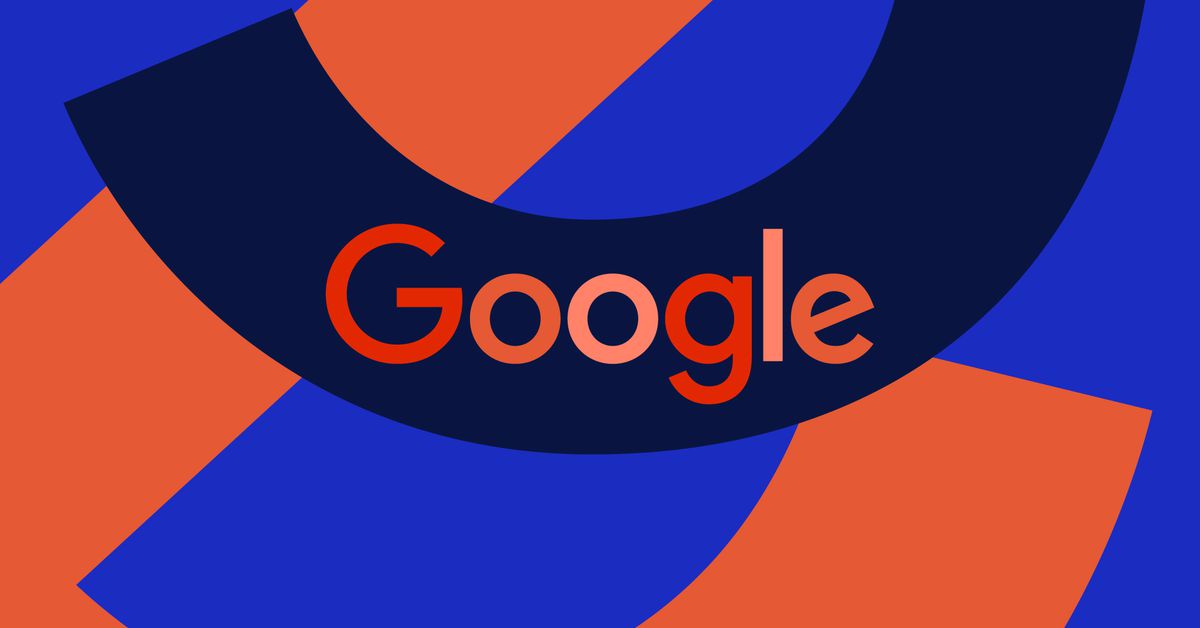
One feature of Google Lens is its ability to recognize skin conditions. By taking a photo of a rash, mole, or other physical anomaly on your skin, Lens uses its AI and machine learning algorithms to find visual matches with conditions available online.
How likely is it that the results are accurate?
Google warns that the visual matches provided by Lens are only for informational purposes and are not a diagnosis. As such, users should always consult with a medical professional for reliable information.
What other physical maladies can Lens identify?
Lens can identify and provide information about other physical maladies, such as nail line abnormalities, bumps on lips, and hair loss on the scalp.
What is the potential impact of Lens on dermatological diagnoses?
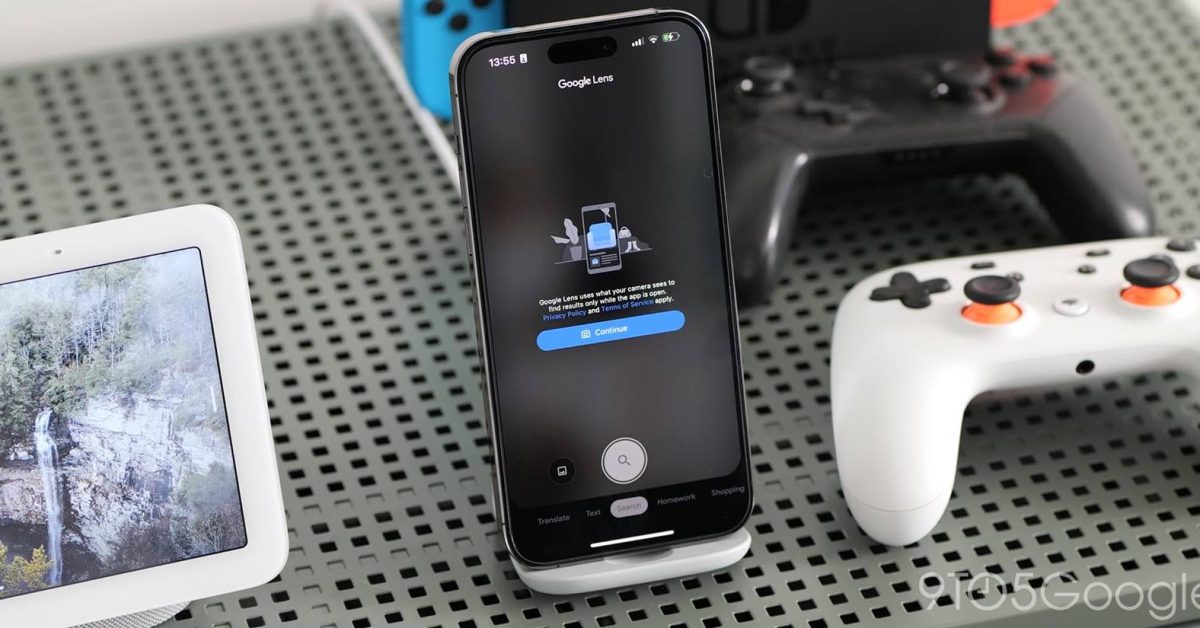
While Lens can provide helpful information about skin conditions, it is important to note that it is not a substitute for professional medical advice. Dermatologists have access to tools, equipment and trained eyes which goes beyond the realm of automated photo comparison technology. That said, Lens can be useful for those who don’t have immediate access to a physician or who simply want to learn more about their skin conditions, as long as it is used for informational purposes only.
What are the limitations of AI-powered skin condition recognition technology?
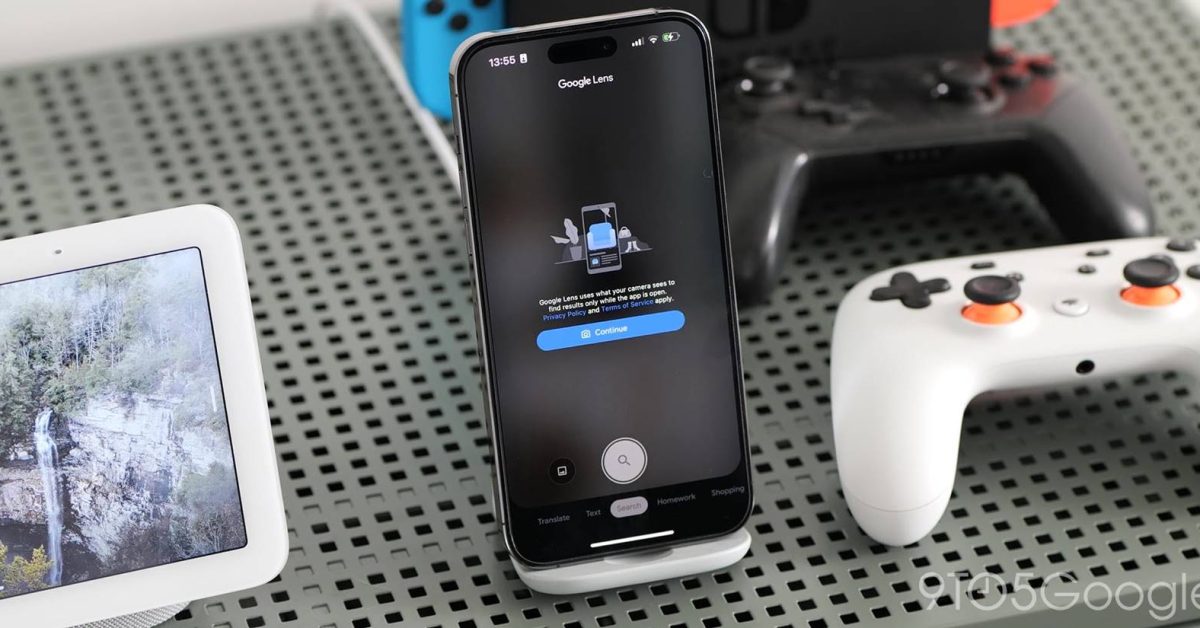
One main limitation is that such software is less accurate for users with darker skin tones. Research has shown that databases used to train AI systems have a lack of skin type category data across many freely available image databases and a lack of images of dark-skinned individuals in databases that did include this information. Google has been working hard to address these complaints, through partnering with Harvard professor Ellis Monk to promote his Monk Skin Tone Scale (MST) and best practices for how it can be used in AI development to ensure there is plenty of diversity in the images of people who are used to train its algorithm plus patenting algorithms that are designed to work with specific skin types.
Conclusion
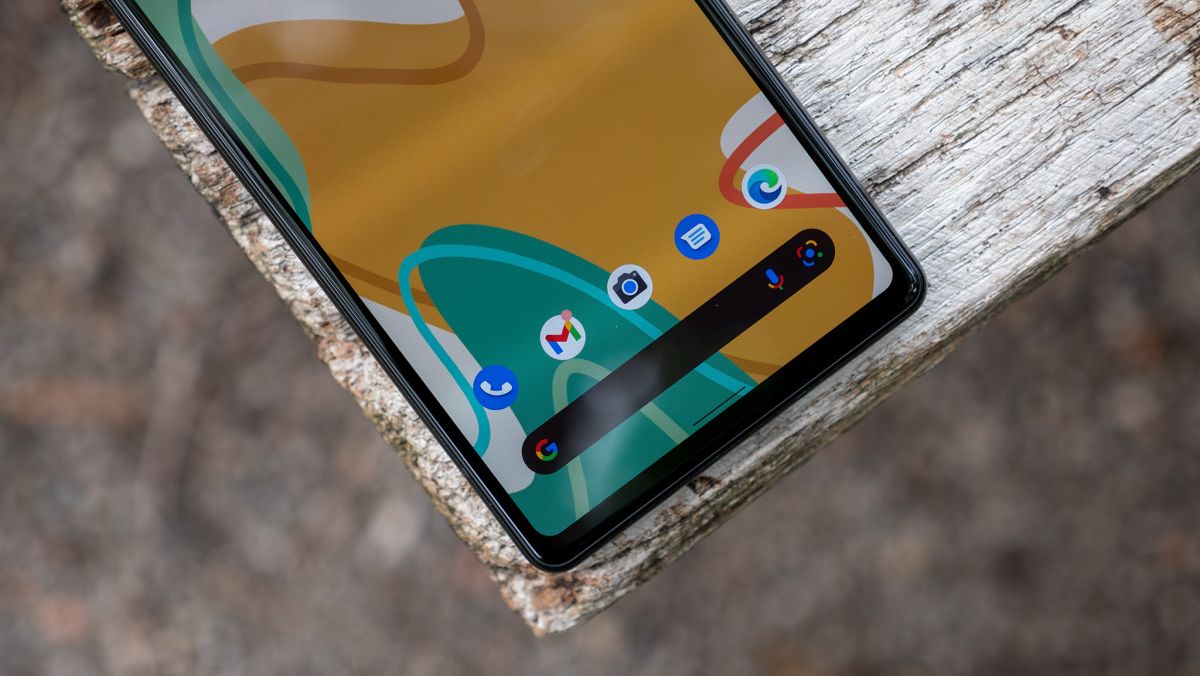
Google Lens makes it possible to find information about skin conditions and other physical maladies using photo recognition technology. While the tool is not a substitute for professional medical advice, it can be helpful for those needing information on their own or seeking the help of a dermatologist. However, it’s important to note that AI-powered recognition technology, like Lens, is not perfect and can produce limited results, especially with darker skin tones.
FAQ
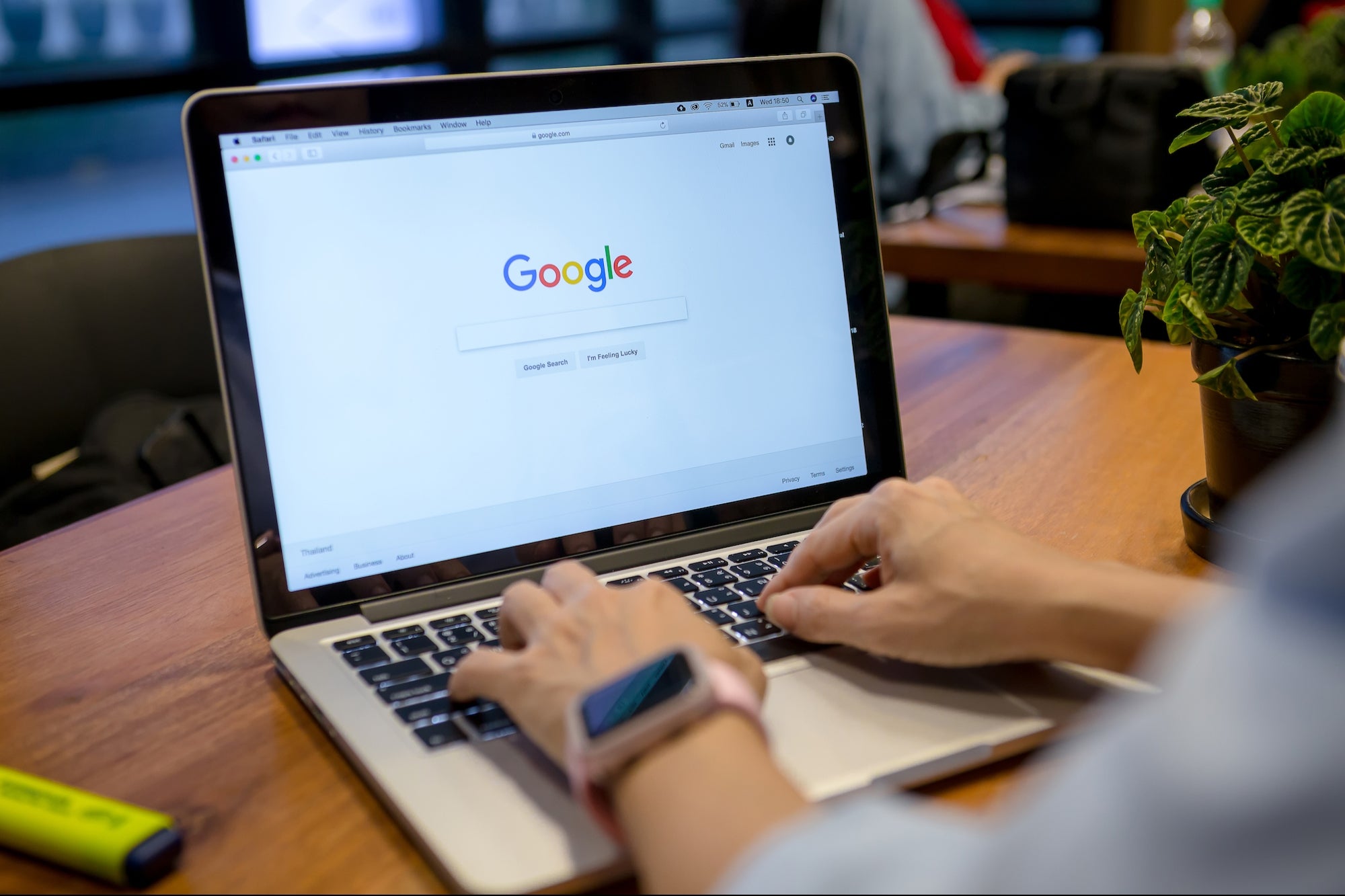
1. How accurate is Google Lens in identifying skin conditions?
Google Lens is not a substitute for professional medical advice, and the accuracy of its results depends on the information available online.
2. Can Google Lens replace a visit to the dermatologist?
While Lens can provide helpful information about skin conditions, it is important to consult a medical professional for a reliable diagnosis.
3. What other features does Google Lens have?
Google Lens has several other features, such as visual translation, identifying plants and animals, and shopping search.
4. Is Google Lens available on all devices?
Google Lens is built into Google’s search, camera, and photos apps on iOS and Android but may not be available on all devices.
5. Is Google Lens free to use?
Yes, Google Lens is a free app and is available in Google’s search, camera, and photos apps.

